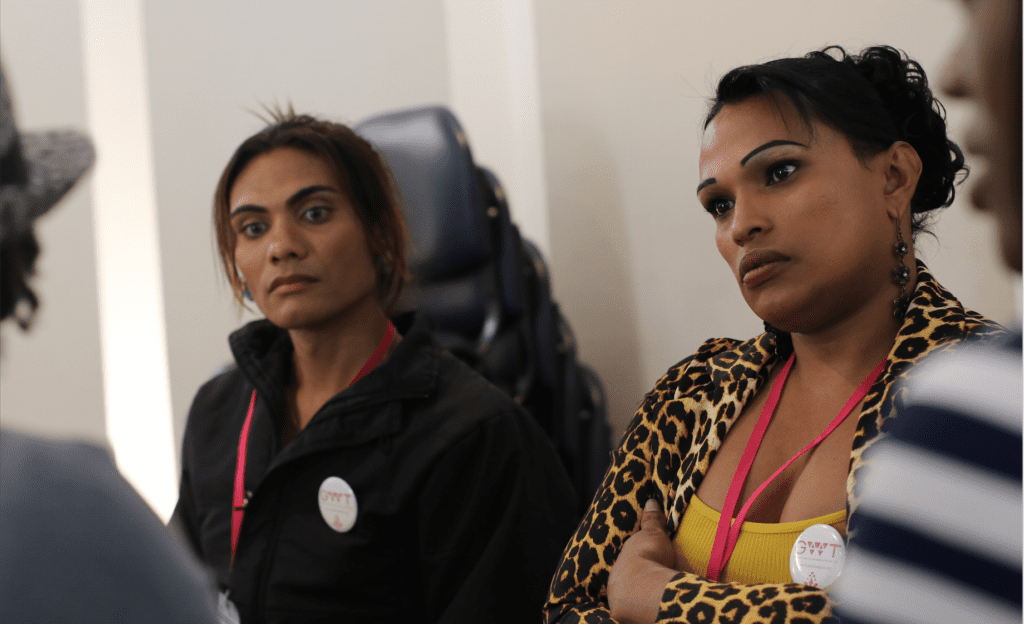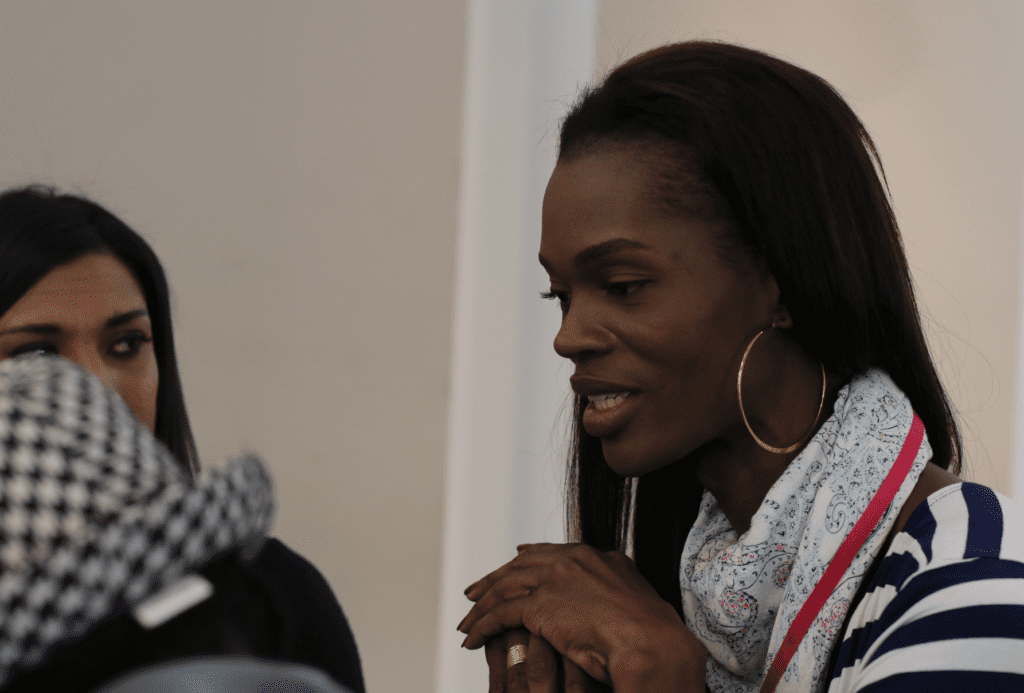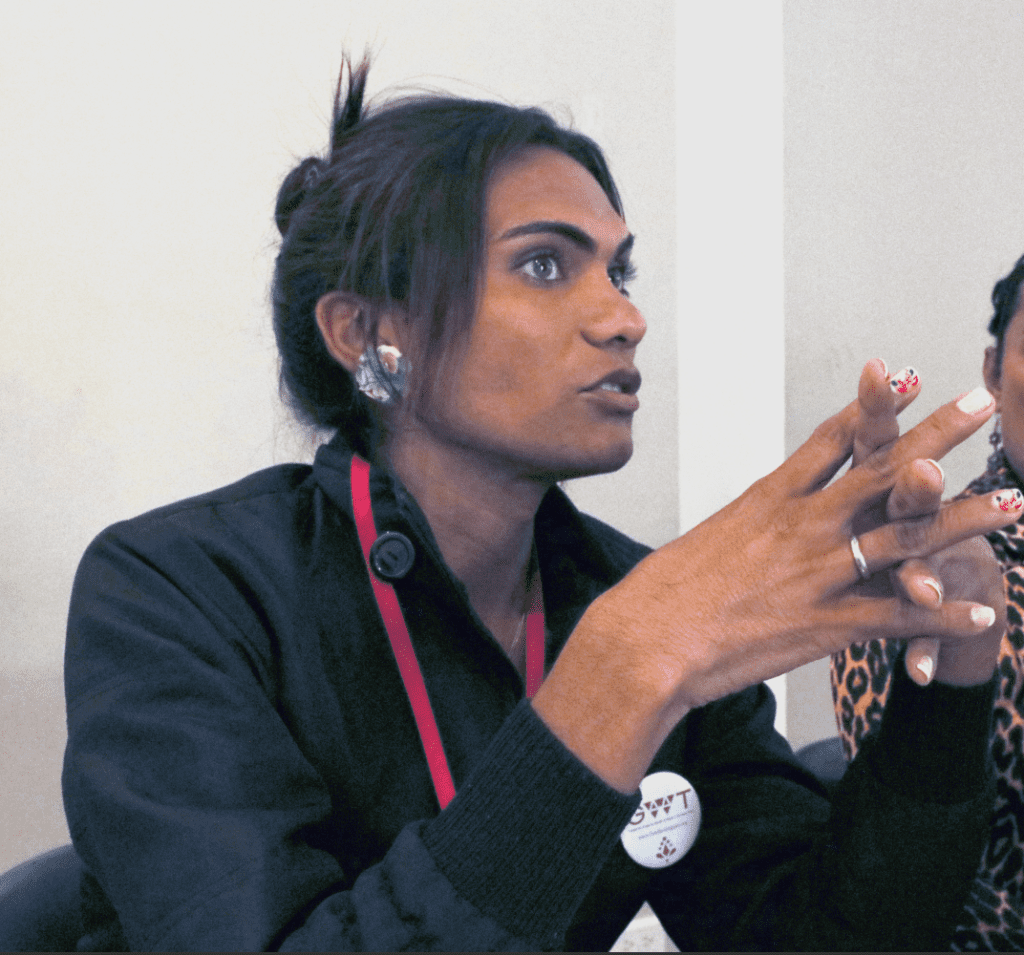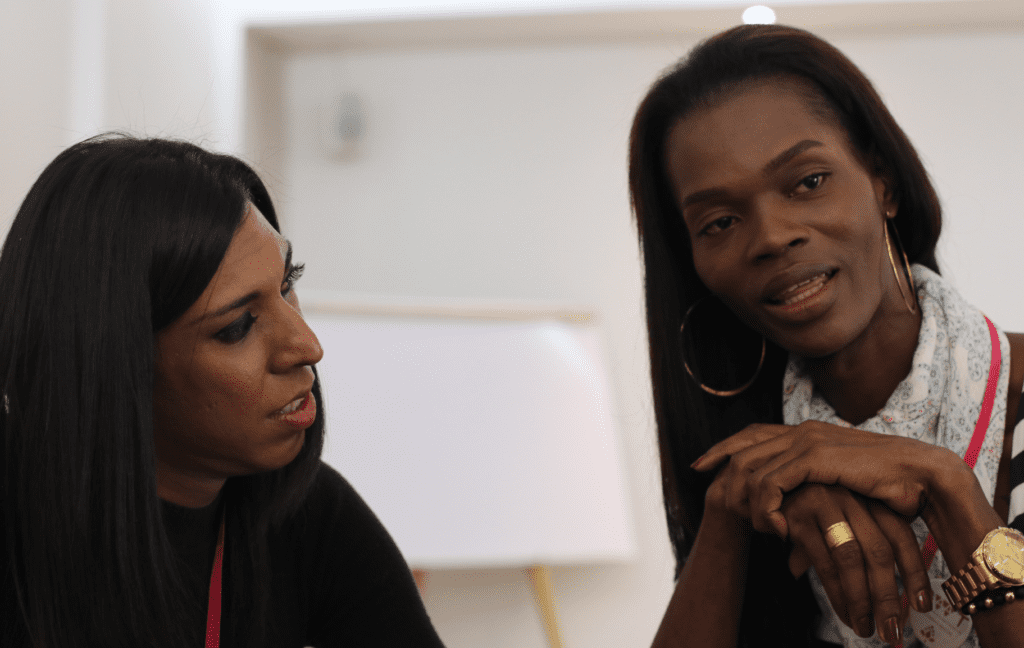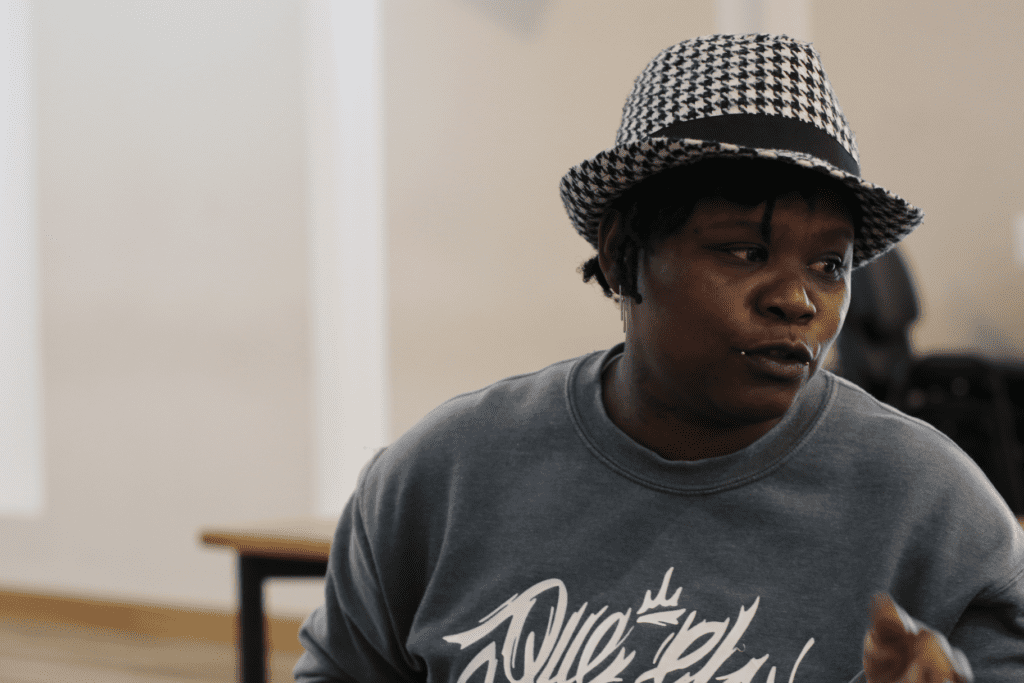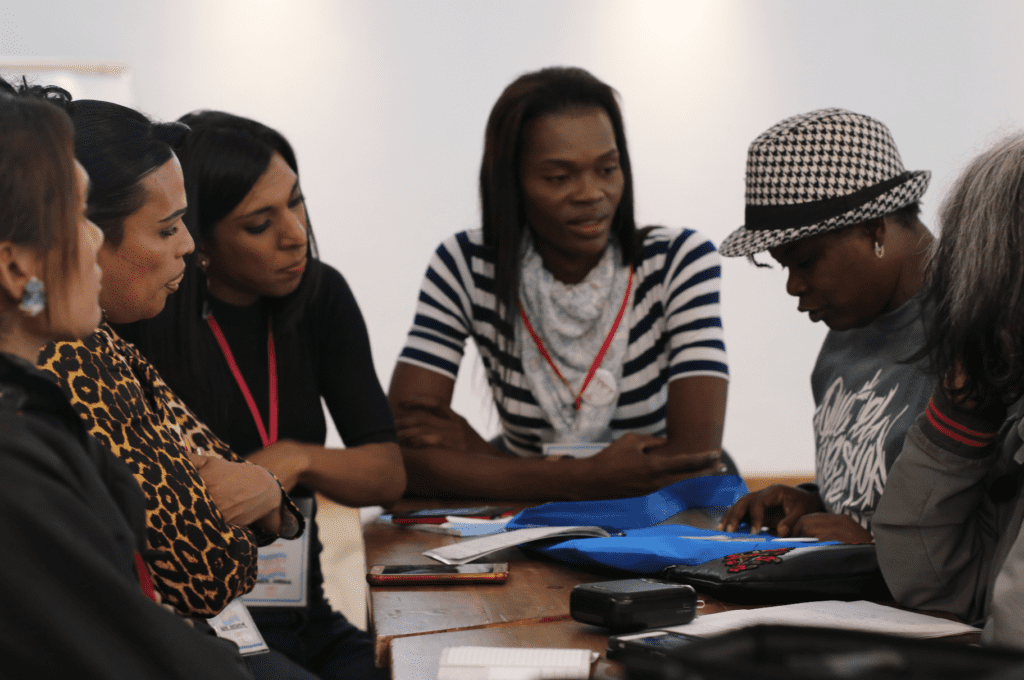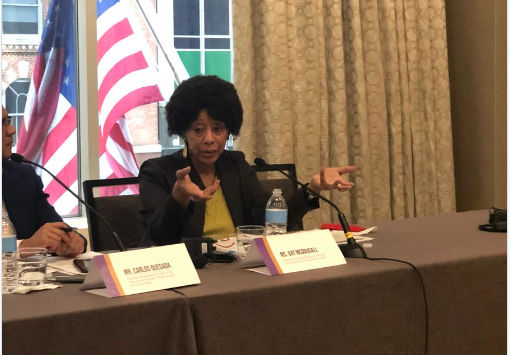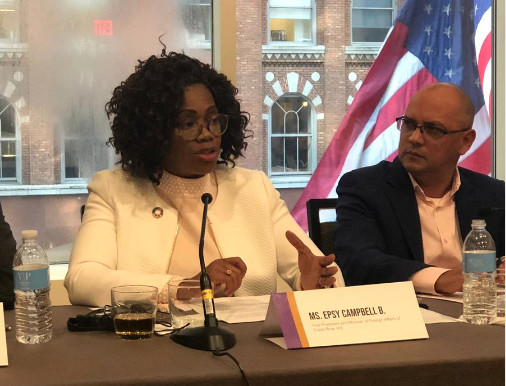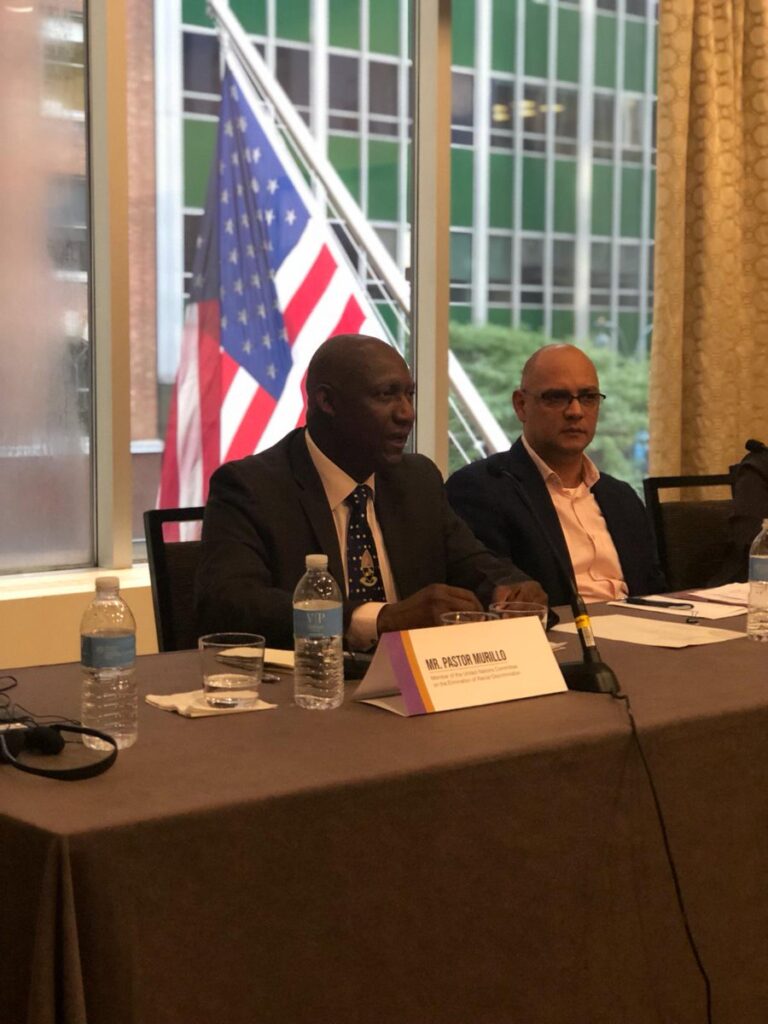Race and Equality celebrates Brazil’s ratification of the Inter-American Convention against Racism
Brazil, February 19th, 2021 – The International Institute on Race, Equality and Human Rights (Race and Equality) congratulates the Brazilian State for its ratification of the Inter-American Convention against Racism, Racial Discrimination and Related Forms of Intolerance [1], originally signed by the member countries of the Organization of American States (OAS) in Guatemala in 2013 [2]. The Brazilian Senate’s ratification of the Convention marks a major achievement for the Afro-Brazilian movement, which has fought for the adoption and strengthening of the Convention for over 20 years. In signing and ratifying the convention, Brazil has committed to fighting intolerance and racism, presenting an opportunity to break with the racism ingrained in Brazilian society.
With its ratification, the Convention gains the status of a constitutional amendment in Brazil, allowing laws which go against its statutes to be challenged in court. These potential challenges represent a new path for anti-racist discourse and activism in the country. Aligning domestic legislation with human rights standards is of paramount importance in the fight to end, prevent, and punish racism and discrimination. It is noteworthy that in Article 5, Subsection 42, the Brazilian Constitution makes the crime of racism ineligible for bail and exempt from a statute of limitations. In Article 3, Subsection 4, the Constitution rejects prejudice and other forms of discrimination.
Lúcia Xavier, General Coordinator of the Brazilian organization Criola, welcomes Brazil’s ratification of the Convention, telling Race and Equality that the Convention now represents a fundamental instrument for promoting the rights of Afro-Brazilians, especially Afro-Brazilian women, amidst attacks on human rights and the continuing effects of COVID-19 in Brazil. “While conservative governments are advancing against rights, the Convention will mean having more instruments for human rights and strengthening the regional human rights system itself. It will be a fundamental political instrument going forward to confront racism in Brazil and in the region,” she remarked.
“Now that it has been ratified by Brazil and consolidated in our legislation, the Convention reinforces the effort that the Afro-descendant and Afro women’s movements have been making for years to definitively eradicate racism – especially institutionalized racism, that which does not consist of laws, rules, or policies, but is implemented by the State in all its instances, every day. So, the possibility of having this instrument against the conservative attacks that the current Brazilian government is making on the Black population is very good,” Lúcia Xavier, General Coordinator, Criola.
Carlos Quesada, Executive Director of Race and Equality, commented that in Brazil, there are many forms of racism which are hidden at first glance, but can be found in the high levels of violence facing the Black population and in unequal access to the labor market, housing, health, and education. “Given the historical circumstances of Brazil, starting with the fact that Brazil is the country with the most Afro-descendant people outside Africa and a country whose Black population faces serious discrimination and the erasure of their human rights, the ratification of this agreement opens more possibilities for tackling and undoing structural racism”, explained.
In Brazil, structural and systematic racism is evident in the statistics regarding incarceration, poverty, and suicide among Afro-Brazilians. These outcomes reveal institutional racism throughout social and legal structures, including many public institutions that are historically rooted in efforts to maintain privileges through exclusion and marginalization. The Convention will allow activists to challenge these structures and pursue democratization of rights through public policies oriented towards social justice.
Lívia Casseres, a lawyer with the Public Defender’s Office of the State of Rio de Janeiro, was a leader in the effort to ratify the Convention. She recalls that Brazil played a leading role in urging other OAS members to draft and sign the Convention. She believes that this leadership is a testament to the work of the Afro-Brazilian movement. “It’s a Convention that attacks indirect discrimination and provides for the prohibition of public policies with discriminatory impacts,” she explained.
“We have for the first time a legal document with the capacity to face the complexity of the phenomenon of racism. It is a great advance, because it is a Convention that has much more sophisticated and refined legal elements, capable of accounting for the complexities of racism that we were unable to fully address with the legal framework that existed before ratification.” Lívia Casseres, Public Defender of the State of Rio de Janeiro.
With the Convention now ratified, Race and Equality emphasizes that the implementation of the Convention must take place in consultation with civil society. Article 15, Paragraphs 4 and 5 of the Convention call for each State Party to appoint an independent expert tasked with monitoring the commitments made in the Convention. In addition, a committee should be created to exchange ideas and review the progress made by State Parties in their implementation [3]. Consultations with civil society are an opportunity for the State to dialogue with different sectors of society, especially with the Afro-Brazilian population, so that the challenges in the fight against racism can be addressed.
Faced with this conjuncture of new possibilities to combat racism, Race and Equality celebrates the work of the Afro-Brazilian movement in the struggle for the approval and ratification of the Convention. We are committed to strengthening this movement and contributing to the anti-racism and human rights struggles of Afro-Brazilians. We recognize the great importance of this agreement for repaying the social debt owed to Afro-Brazilians and for improving the lives of Afro-descendants facing great vulnerability across the country. We recommend that the State of Brazil:
1 – Implement the articles of the Inter-American Convention against Racism, Racial Discrimination and Related Forms of Intolerance in consultation with different sectors of civil society, especially in dialogue with Afro-Brazilian movement;
2 – Formulate a plan so that the legislative, executive, and judicial branches can each implement actions for immediate compliance with the Convention;
3 – Create public policies that punish racist acts and repair structural racism with a view to promoting equality and affirmative action in the areas of health, work, well-being, education, and political participation.

